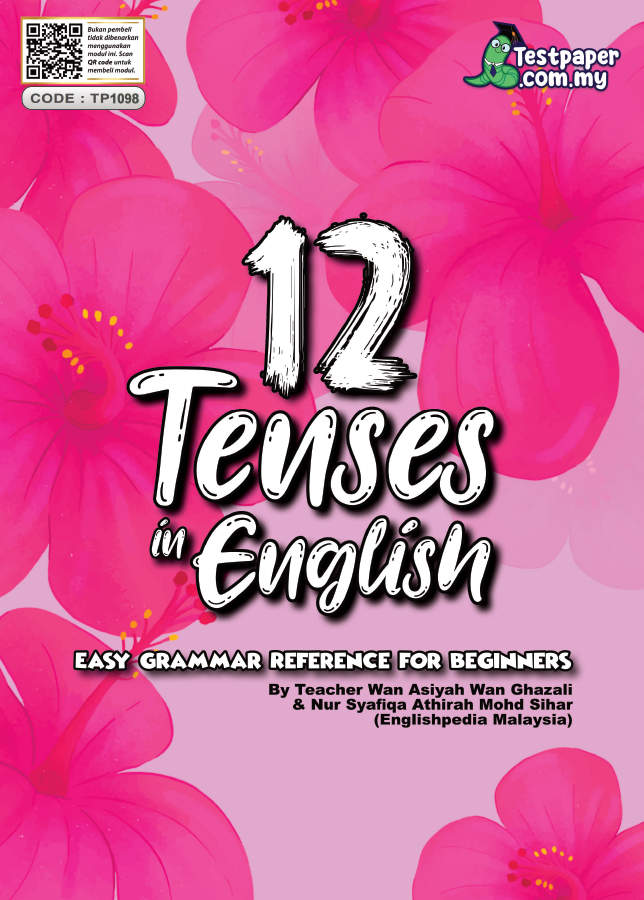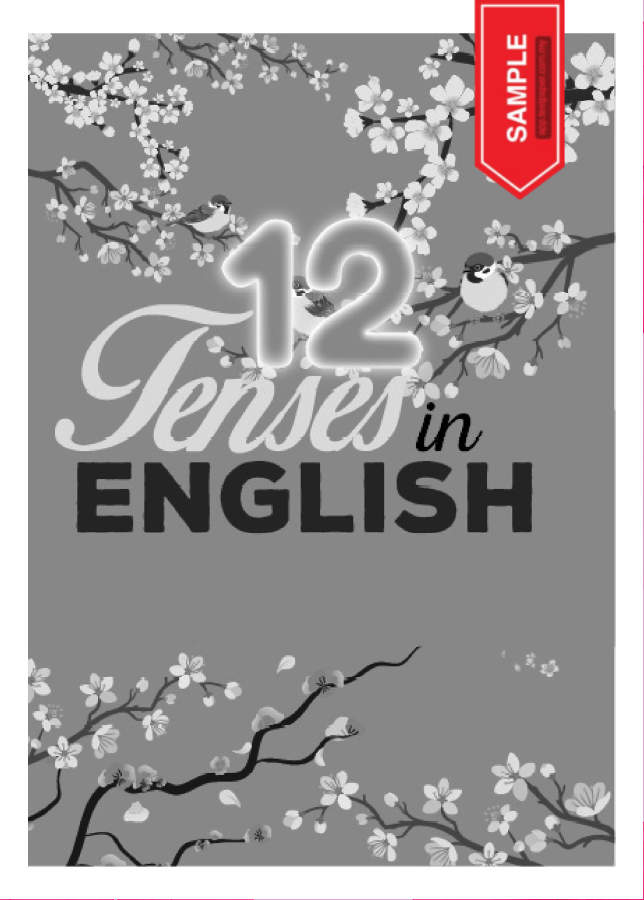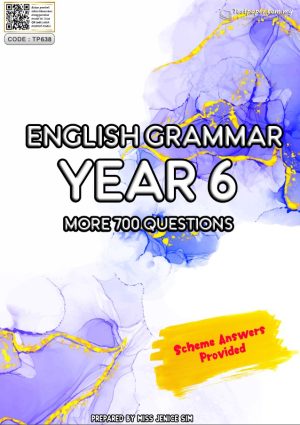12 TENSES IN ENGLISH (EASY GRAMMAR REFERENCE FOR BEGINNERS)
RM29.00
✔️ 106 Pages
✔️ Nota dan Rujukan, Nota Ringkas, Skema Jawapan, Subjektif
✔️ PDF Protected (Password)
✔️ English
✔️ Softcopy
✔️ Receive email within 5 – 30 minutes
Description
12 TENSES IN ENGLISH (EASY GRAMMAR REFERENCE FOR BEGINNERS) BY TEACHER WAN ASIYAH AND TEACHER NUR SYAFIQA ATHIRAH.
✅Nak faham konsep ‘Tenses’ ini lebih lanjut, boleh dapatkan modul ini.
✅Isi kandungan modul:
- Simple Present
- Present Continuous
- Present Perfect
- Present Perfect Continuous
- Simple Past
- Past Continuous
- Past Perfect
- Past Perfect Continuous
- Simple Future
- Future Continuous
- Future Perfect
- Future Perfect Continuous
- Answers
✅Lengkap Skema Jawaban.
—————————————————————-
✅Apa beza EAT, ATE, IS EATING, WAS EATING, HAVE EATEN, HAD EATEN?
- He eats at noon. — the present tense of a verb refers to habitual action; or a statement of things that are always true (I am scared of cockroaches)
- He ate yesterday. — the past tense of a verb (usually taking an -ed ending, such as “walked”) refers to an action that started and ended in the past. EAT has an irregular past tense form: “ate.”
- He is eating now. — the present progressive verb phrase (a present tense form of BE followed by the -ing form of a verb) refers to something that is going on right now in the present moment.
- He was eating lunch when you interrupted me. The past progressive verb phrase (a past tense form of BE followed by the -ing form of a verb) refers to a stretch of time in the past within which another action in the past occurred. That second action appears in the past tense (for example. “interrupted”).
- He has eaten all his food.—The present perfect verb phrase refers to actions which started in the past and finished at or near the present. It is formed with a present tense form of HAVE (either “has” or “have”) followed by the past participle form of a verb (see the bottom of this sheet for a discussion of past participles)
- He had eaten his lunch already when she arrived with a pizza.—The past perfect verb phrase (the past tense of HAVE followed by the past participle form of a verb) refers to a time in the past earlier than another occurrence mentioned (“arrived”) which appears in the past tense form.
✅Nak faham konsep ‘Tenses’ ini lebih lanjut, boleh dapatkan modul ini.
2 Set Kertas Soalan Bahasa Inggeris Ppt 2022 – Tahun 1 (bonus Word)
Module Abc English – Recognise, Sound Out, Copy & Write Letters (version Black And White)






Reviews
There are no reviews yet.